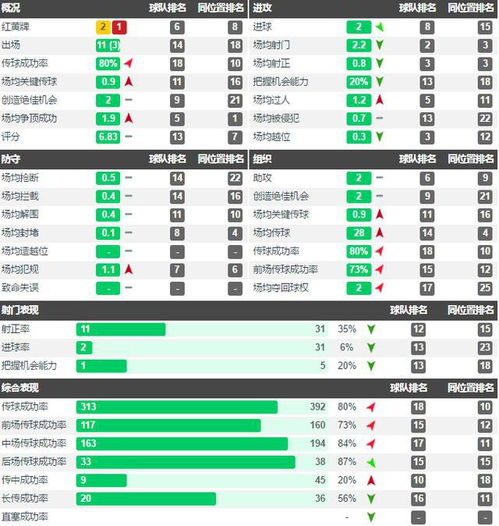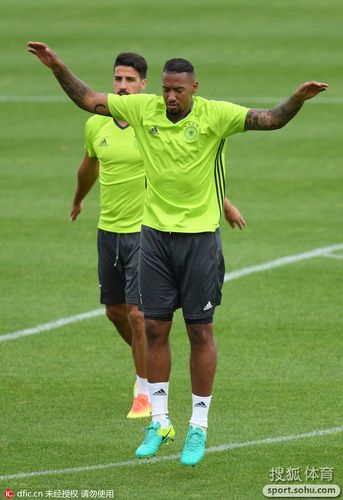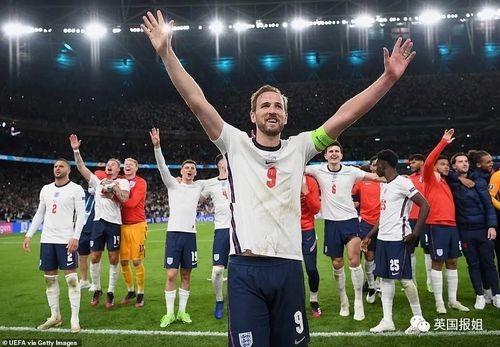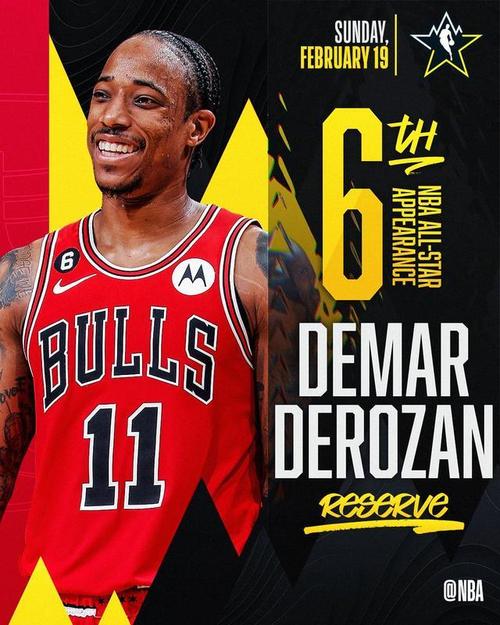上届欧洲杯名次
Analyzing the Previous European Championship
The previous European Championship, also known as the UEFA Euro 2020, was a highly anticipated football tournament that took place from June 11 to July 11, 2021. Despite being named Euro 2020, it was postponed to 2021 due to the COVID19 pandemic. Here’s a comprehensive analysis covering various aspects of the tournament:
1. Format and Teams
Format:
The tournament featured 24 teams divided into six groups (A to F), with four teams in each group.
Qualification:
Teams qualified through the UEFA Euro 2020 qualifying phase, which involved 55 national teams.
Host Countries:
To celebrate the 60th anniversary of the tournament, matches were held in 11 cities across Europe.
Favorites:
Traditional powerhouses like France, Germany, Spain, Italy, and Portugal were among the favorites. 2. Key Matches and Moments
Opening Match:
Italy vs. Turkey marked the beginning of the tournament, with Italy securing a convincing 30 win.
Surprise Performances:
Teams like Switzerland and Denmark impressed with their performances, reaching the quarterfinals and semifinals, respectively.
England’s Journey:
England had a memorable run, reaching the final for the first time since 1966.
Italy’s Victory:
Italy emerged as champions, defeating England in a dramatic final that went to penalties. 3. Player Performances
Standout Players:
Players like Cristiano Ronaldo (Portugal), Patrik Schick (Czech Republic), and Raheem Sterling (England) were among the top performers.
Golden Boot:
Cristiano Ronaldo won the Golden Boot with five goals, tied with Patrik Schick.
Goalkeepers:
Goalkeepers like Jordan Pickford (England) and Gianluigi Donnarumma (Italy) showcased exceptional skills and made crucial saves.
4. Tactical Trends
High Pressing:
Many teams adopted a highpressing style to disrupt opponents' buildup play.
Versatility:
Flexible formations and tactical adaptability were key, with teams often switching between different systems based on game situations.
CounterAttacking:
Teams like Italy and England excelled in quick counterattacks, capitalizing on turnovers. 5. Controversies and Talking Points
VAR Decisions:
The use of Video Assistant Referee (VAR) technology led to several contentious decisions, sparking debates among fans and pundits.
Injuries:
Key players like Kevin De Bruyne (Belgium) and Sergio Ramos (Spain) missed crucial matches due to injuries, impacting their teams' performances.
OffField Incidents:
There were instances of fan misconduct and controversies surrounding national anthems and gestures. 6. Impact of COVID19
Fan Attendance:
Matches had varying levels of fan attendance due to COVID19 restrictions, with some games played in front of limited crowds.
Health Protocols:
Strict health protocols were implemented to ensure the safety of players, staff, and spectators.
Resilience:
Despite challenges posed by the pandemic, the tournament showcased resilience and unity in the football community. 7. Legacy and Lessons
Legacy for Host Cities:
Hosting matches left a lasting impact on the host cities in terms of infrastructure development and tourism.
Lessons for Future Tournaments:
The tournament highlighted the importance of adaptability, player depth, and mental resilience in highstakes competitions.
Social and Cultural Impact:
Football’s ability to unite people from diverse backgrounds was evident, emphasizing its role beyond the field.In conclusion, the UEFA Euro 2020 was a memorable tournament filled with thrilling moments, outstanding performances, and valuable lessons for the footballing world. Italy's triumph, coupled with the overall competitive spirit and camaraderie displayed by participating teams, made it a truly unforgettable championship.
体育资讯
MORE>- 搜索
- 最近发表
-
- 演员张丰毅,我这辈子最正确决定,就是和前妻吕丽萍各奔东西
- 中国举重队满额出征世锦赛
- 亚冠情报:中央海岸队史9战日本球队7次落败,横滨远征澳大利亚飞行10小时
- 聚合智慧 | 升华财富 产业智库服务平台
- 体育课“天天见”,要开足更要开好
- 四川:大课间活动评比释放学校体育发展活力
- 中央广播电视总台蛇年春晚吉祥物国产最新地址24小时失效“巳升升”亮相
- 2024中国体育文化博览会、中国体育旅游博览会在苏州举办
- 混合团体世界杯国乒轻取德国队
- 对标世界级赛事场馆,济南黄河体育中心以何担当?
- 体育是读懂中国的一个好窗口
- 跨省也能给家人用 快来学习“医保《c到怀孕为止》动漫钱包”如何操作
- 体育课“天天见”,要开足更要开好
- 多国专家与一线71049.соm查询王中王人道工作者共论“中国人道传统与国际人道理念”
- 什么是外场手?它与体育产业有何关联?
- 勇士队
- 培养高素质体育人才,推动乡村振兴
- 深圳,体育赛事大爆发!
- 体育教育专家吴键谈体育 家长应“放手” 社会要多支持
- 2024中国体育文化博览会、中国体育旅游博览会在苏州举办
- 标签列表
-
- 2024欧洲杯百度百科 (15)
- 2024年欧洲杯足球场 (13)
- 2024欧洲杯比赛时间 (28)
- 为什么欧洲杯看不了 (11)
- 欧洲杯一共多少球队 (15)
- 欧洲杯在哪个国家举行2024 (12)
- 欧洲杯多少支球队参加 (11)
- 欧洲杯为什么没有中国 (14)
- 欧洲杯共多少场比赛 (10)
- 欧洲杯为什么没有直播 (12)
- 欧洲杯有多少只球队参加 (11)
- 2024年欧洲杯预选赛 (14)
- 欧洲杯2024在哪个国家 (11)
- 在哪里可以看欧洲杯预选赛 (13)
- 欧洲杯每场比赛场地 (13)
- 欧洲杯预选赛最新战况 (13)
- 欧洲杯 (16)
- 2024欧洲杯全部赛程 (12)
- 欧洲杯赛程 (11)
- 直播带货公司 (11)
- 直播网站 (12)
- 直播:百度世界2023 (11)
- 直播吧 (20)
- 直播软件 (13)
- 直播代运营公司 (13)



